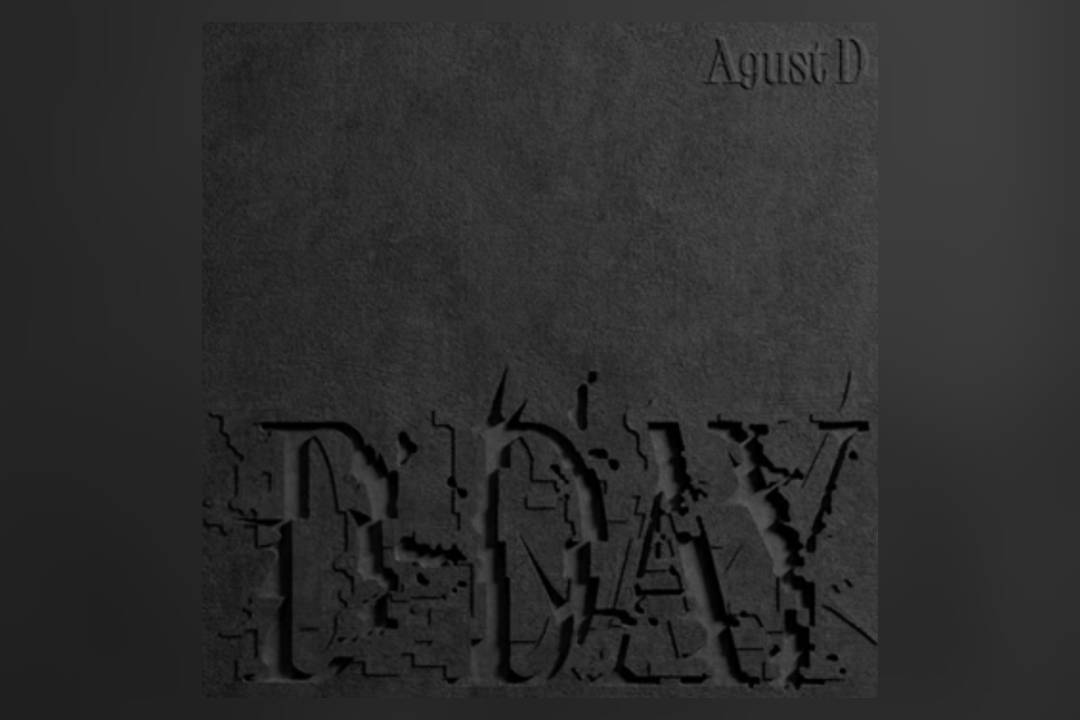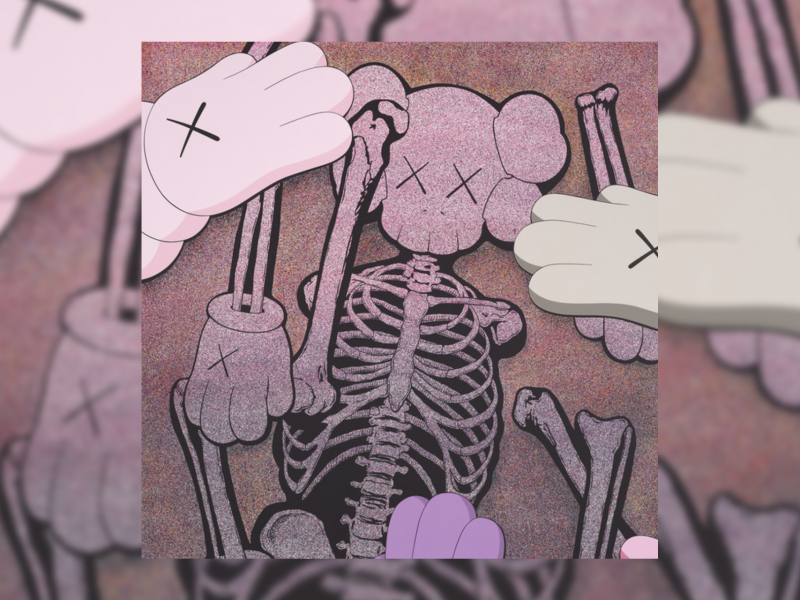The era of BTS has been slowly coming to an end. The group announced an official hiatus last year as beloved members Jin and J-Hope must leave to fulfill their mandatory service in the South Korean military. This news has left many longtime fans with little hope for what the future of BTS and its members might look like.
But the release of D-DAY leaves fans reassured. As the first solo album and third solo project from rapline member Suga, D-DAY strays from the polished dance-pop synonymous with BTS for an explosive and introspective project influenced by hip-hop, classical and indie rock music.
As Agust D, Suga uses heavy electronic and trap beats to tackle themes of freedom conflicting with the demands of fame. “Haegeum,” the album’s main track, infuses lines from the Korean string haegeum instrument into modern rap beats for a sound unique to Suga’s solo work. This is also reflected in Suga’s equally fiery song “Daechwita” from his earlier project D-2, where he incorporates wind and percussion instruments for a similar effect.
[‘Gritty and soulful’: Spencer Sutherland lights up DC’s Union Stage]
Haegeum also refers to lifting a ban on something forbidden. This double meaning is evident in the track as Suga critiques the listener for falling in line with the judgmental sanctions of society: “Everyone’s been blinded by envy and jealousy / Without realizing that they’re putting shackles on each other.”
Similar ideas are present in rap-heavy songs like “HUH?!” featuring J-Hope, where both artists call out online rumor mills and malicious gossip: “Even if I do my job, even if I go my own way / ‘Cause it’s a hot topic, bring the fire back.” “D-Day,” the EDM-laced title track, and my personal favorite, has a similar message of overcoming hate: “Hatе is even more unnеcessary (Okay) / Lotus flowers bloom brilliantly even in mud.”
The rest of the album, however, takes a mellow soft-pop approach as Suga dives into his own headspace. Through a simple guitar chord progression mixed with synth voice echoes and 808 drums, Suga expresses his desire to remember the difficult moments of his life and their lasting effect in “AMYGDALA”: “Traveling to my memories / I don’t know your name, your name, your name.”
[Spring Drag Show brings queer joy and expression to UMD]
His reflections on navigating the world of fame and the conflicting attitudes of the people around him continue in the track “Polar Night,” in which he chastises hypocrites in his life: “I close my eyes to the uncomfortable truth / Selective hypocrisy and uncomfortable attitude/That interpretation that only suits my mood.”
Songs like “SDL” take on a breezy summer vibe as Suga reminisces on love and the complicated feelings that stem from romantic relationships. “I mean, nothing works out as you wish / Relationships are really difficult / It wasn’t right from the start.”
But Suga does what he does best as an artist on “Snooze,” a dynamic track featuring the late composer Ryuichi Sakamoto. The violin ensemble working together with the piano line grows steadily throughout the song, crescendoing before being cut off without reaching a proper conclusion. This orchestral accompaniment reflects the theme of being in a dreamlike state before suddenly waking up and realizing the struggles in life will work themselves out: “The beginning may be weak, but the end may be great.”



